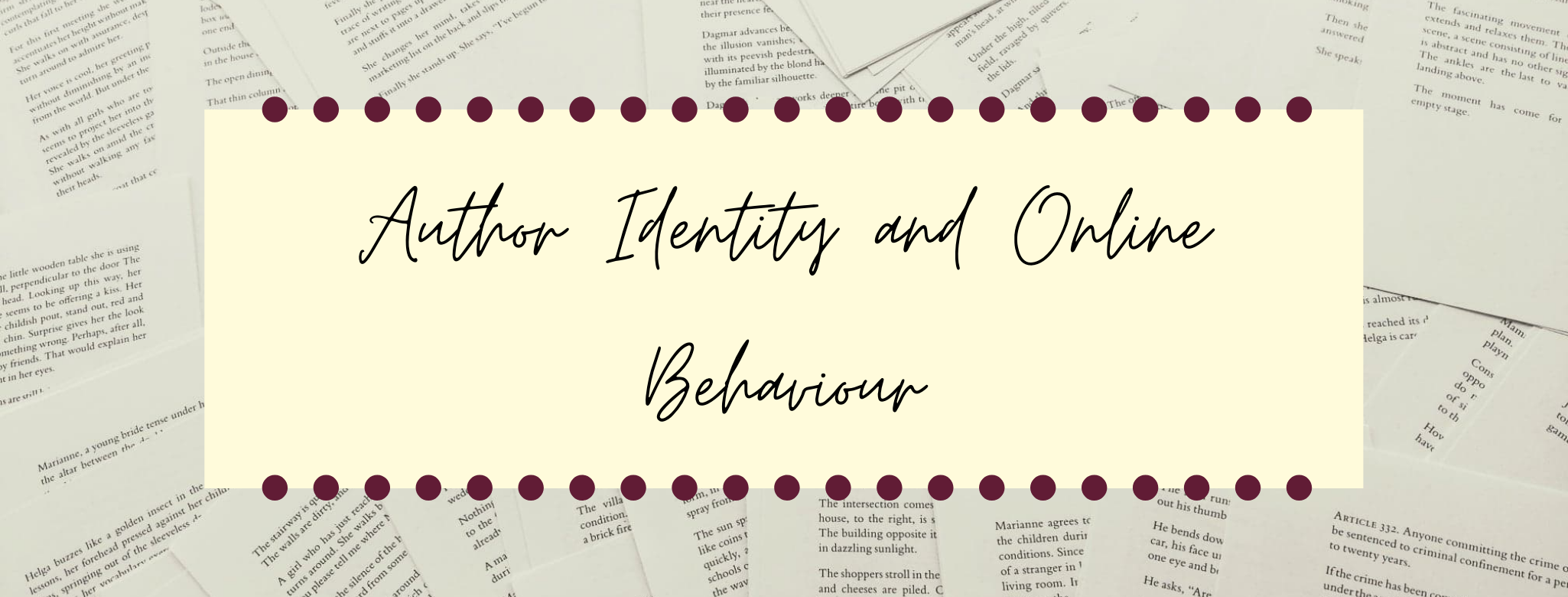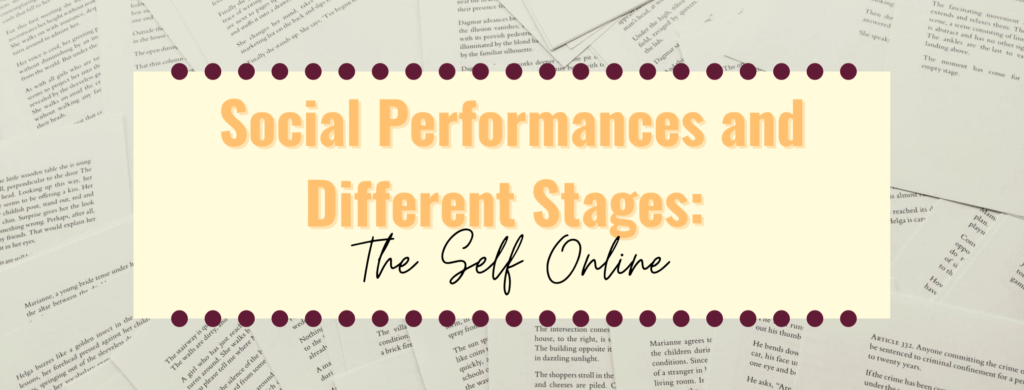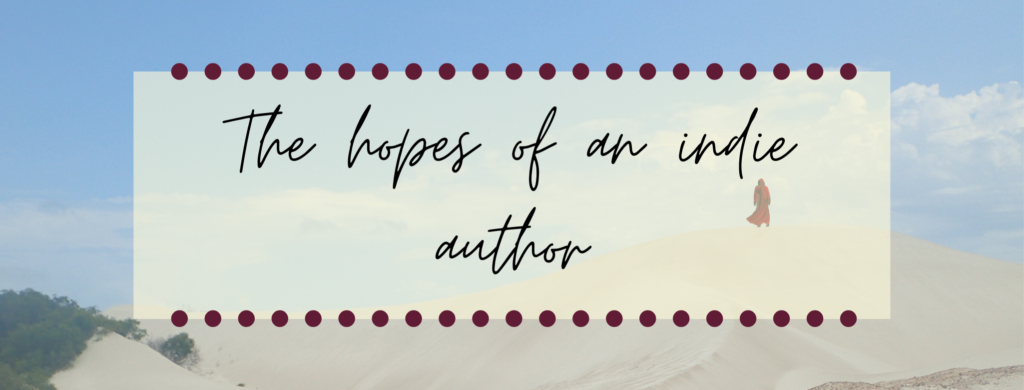I’m quickly approaching a full three years of my PhD, meaning the next step is “write-up” year. My original write-up year plans involved editing and job hunting rather than active writing, but that’s gone awry. Instead, I’m planning and drafting my discussion chapters, meaning I’m looking back on everything I’ve done for this author performance. In particular, it’s led me to think about my author identity and how this manifested online. I’ve talked before about how I constructed my author platform, but now let’s discuss online author identity and how I feel about it.
Why do we need an online author identity?
Social media has become an important part of our current world. It helps us connect with friends and families over distance, keep up-to-date with their lives when we wouldn’t otherwise see them, and we can do it all on our internet-connected phones whenever we want. I don’t think I would have survived my year living so far away from home in Australia without it! But, if you think it’s only people you know offline that look at your Facebook, you’re wrong. It’s not uncommon for employers to screen potential hires through their online behaviour. And, for those looking to be traditionally published, an established author platform helps publishers see you as a secure investment. From a reader perspective, they can connect with the authors they admire and see more of their “real” lives. For an author though, the author platform is a way to set their “stage”.
It’s increasingly becoming an expectation of authorship. Of life really. I know I’ve chosen to read books based off of the author I see online. If they build up an author website, social media accounts, and profile pictures to communicate their author brand, they can be found by the audience they need, right? But, as you may have predicted, there are problems with this. Goffman suggests that we have “front” and “backstage” identities. If we are in the front, we are like actors on a stage, performing our expected roles. Backstage, this mask can drop and the performance ends. On social media, however, there’s a blurring of front and backstage — and I’m sure we all have examples of where this can cause problems.
“Real” versus brand
Something I discovered in my initial bout of content analysis, looking at author platform-related advice articles, is that our online selves are supposed to be simultaneously consistent with out author brand and real. The illusion of intimacy that social media promotes builds an expectation of genuine connections. As readers, we want to know that the authors we love are just like us. We want to see the good times, the bad times, and feel like we have insider knowledge. As someone trying to be an author, I struggled with this. A brand needs consistency and slow-maturation. My “real” self is honestly rather flaky and I’m constantly learning and changing my views. This author performance is, after all, part of a research project. And it’s my research project — I didn’t want to pull other people in my life, no matter how important, into this public performance.
For me, there’s a great struggle between the person I feel I am and the way it seems to come out online. A lot of the time, I feel disingenuous even when I’m being “true” just because my natural self wouldn’t post as much as my author self expects. I’m typically a lurker on social media, reading and liking lots but rarely posting independently. The pressure to post regularly is immense — I imagine particularly so for those contractually obligated to do so — but the expectation that an author should post X times a day shuts out some voices. Recently, there was a great tweet thread from Hillary Monahan highlighting the limits the current model of authorship places on her. And, while my situation is different, I feel it. Mental health and life limit me from living this author identity the way I need to.
Possibilities?
I’m always going to be one of those authors who struggles with the demands of social media. I’m hyper aware of how I appear to others, I regularly don’t have the energy, and it just feels unnatural to me, even when I’m being “real”. I do feel that this being a research project made it particularly difficult to navigate, however. The bookish side seems to the bit of myself I should emphasise when, if I’m being 100% honest, that’s a waaaaaay smaller part of me than my research side. If anyone has been keeping an eye on my recent posts, you can see I’m tweeting much more regularly and the subject? Research. In this research though, I’ve seen some possibilities for filling the needs of an author performance in a way that works for me. Maybe they’ll help someone else in the same position?
- Work under a penname. Authors use pennames for a variety of reasons. In earlier centuries, it was common for women to write under a male pseudonym so that their “real” lives were unaffected and their books could be unaffected. Charles Dodgson maintained a separate writing name, Lewis Caroll, so that the writerly fame could be kept separate from his life as a professor. With a pen name, your writer self is like a character and, to me, that seems like it could be helpful. When you put on your pen name, it’s like putting on a uniform. You, but work you.
- Author as character. Pushing the pen name idea further, you could pull a Lemony Snickett and have your author as a character in the text. That way you don’t have to worry about what elements of your “real” self come through – it’s all part of the character. This also has some really interesting story potential that I’d love to play with later!
These probably aren’t perfect solutions, but they sounded interesting to me. I’d love to hear more suggestions though! How do you get around the pressures of social media? And what do you think is the best way forward from this?



